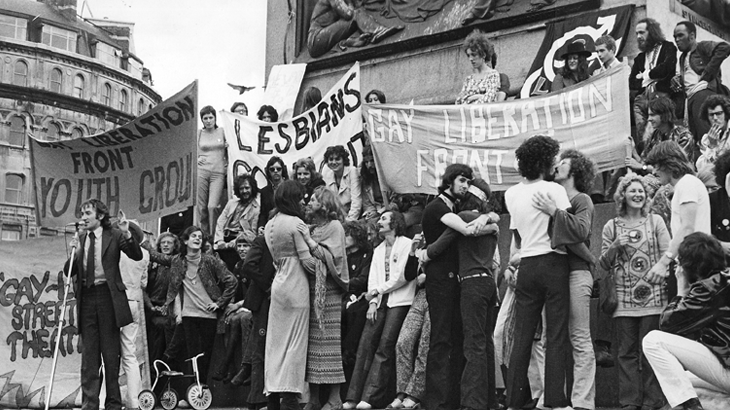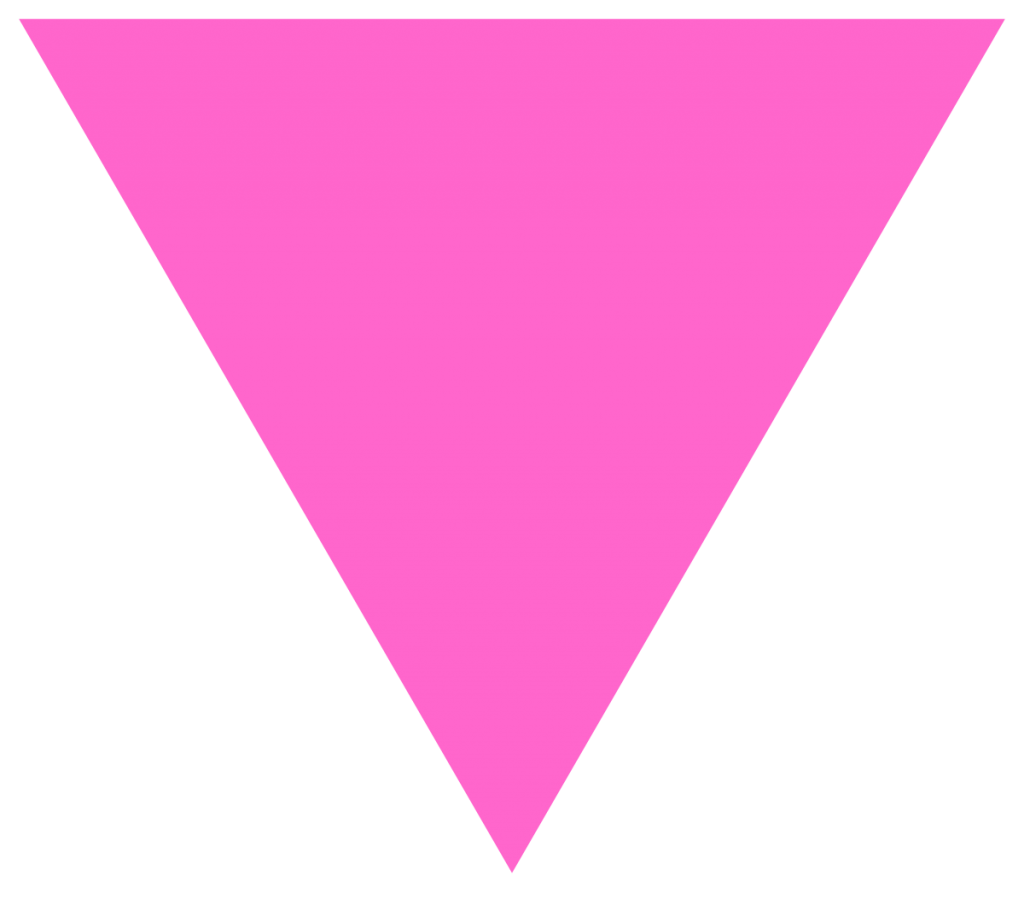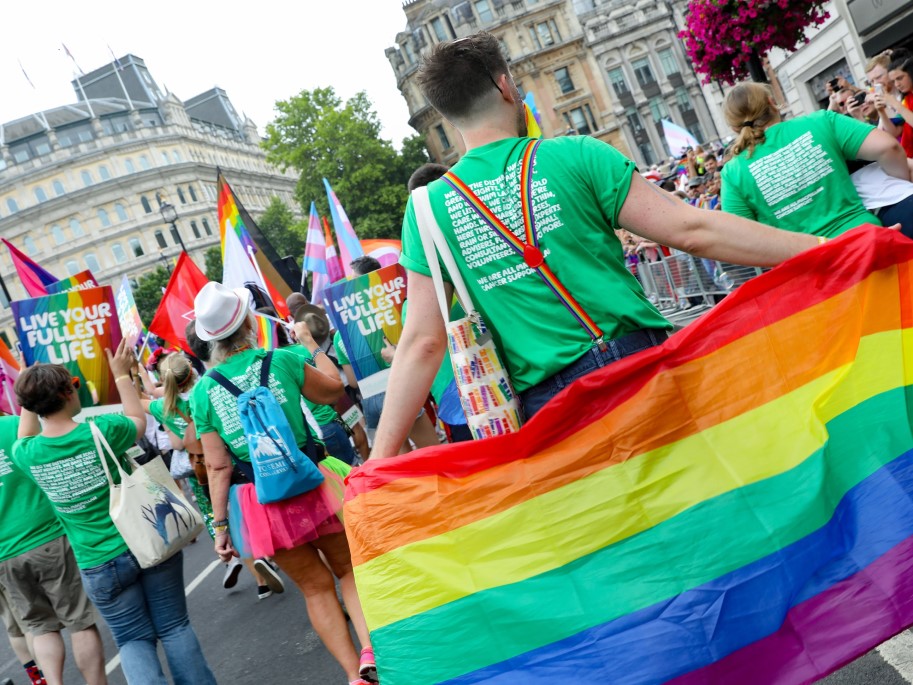London’s streets are getting a splash of colour this month, with June’s annual Pride Month already in full swing.
For The Barnet Group, this is a time to recognise and honour the diversity within its workforce and the wider community. It is a good occasion to reflect on the remarkable journey of LGBTQ+ in the United Kingdom and take part in acknowledging the strides made towards equality.
The UK’s first Pride March
The UK’s gay pride movement traces its roots back to 1972 when the first Pride March took place in London. While this marked a momentous step towards visibility and acceptance, the event was marred in controversy and opposition. Homosexuality was still considered illegal at the time, and the community faced significant discrimination and prejudice.

Since then, the pride movement has gained significant momentum, launching events promoting love, unity, and celebration. Pride parades and events now take place in cities across the nation, bringing people together to champion equality, raise awareness, and promote inclusivity.
Image right: Crowds take a stand at London’s historic ’72 Pride March.

A celebration of colour
Two of the most common symbols you are likely to see proudly flown during pride include the iconic rainbow pride flag and the pink triangle.
The flag itself hails from the 1978 San Francisco Gay Freedom Day Parade, where activist Gilbert Baker combined the colours of the rainbow to reflect the community’s diversity and waved it at the event. The flag quickly spread around the globe like wildfire, promoting the visibility and acceptance of a marginalised group.
Another icon you will see on display this month is the pink triangle, originally deployed in Nazi concentration camps to identify alleged homosexuals. Today the iconic pink triangle is adopted in the UK as a symbol of post-war pride, representing resilience and acknowledgement of overcoming ongoing adversity.
Image left: The pink triangle, originally an administrative tool for Nazi camps.
Still fighting for equality
Pictured here are just a few of the 2,000 faces representing the 1972 LBGTQ+ Pride political movement as they stand today.
Equality & Inclusion Officer, Deborah Blyth, says that these are just a few of those who marched the streets of London before holding a mass kiss-in.

“While we enjoy the modern pride parades, which celebrate the community and how far legislation and society have come, we must remember that the community does not have equality,” says Blyth.
“Some parts of the community still live in fear of repercussions and act with precaution regarding their mannerisms, the way in which they dress, to what they post on their social platforms. Not all LBGTQ IA+ community feel comfortable bringing their whole selves to the workplace.”
Image right: Prominent gay rights activist Ted Brown stands proudly with a cohort of his 1972 compatriots.

Get involved
Blyth says work still needs to be done and everyone has a part to play to bring about change.
By participating in and supporting pride events, we affirm our commitment to diversity, respect, and equality within our communities.
- Head on over to Engage Barnet’s website which is working in partnership with our community groups this month to put on a series of Barnet pride events: What’s On for Pride Month | Engage Barnet.
- For those interested in a larger event, check out Pride in London on 1 July and get carried away in the vibrant atmosphere of the UK’s largest pride parade 2023 Parade | Pride in London.
Image left: Pride flags out in force at last year’s Pride in London.
